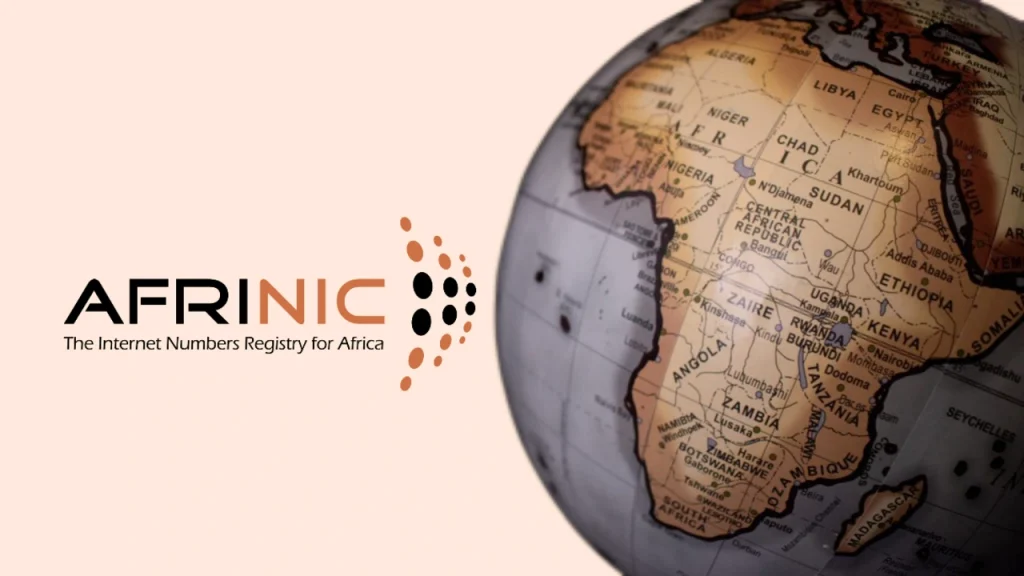- Supreme Court injunction halts AFRINIC probe, escalating a rift between Mauritius’ judiciary and executive.
- Actions by influential figures risk undermining judicial independence at a critical democratic moment.
Afrinic in freefall: From internet steward to political flashpoint
The African Network Information Centre (AFRINIC) is in serious disarray—its board and CEO positions vacated, elections repeatedly annulled, and governance in tatters. Once the Africa-region internet number registrar, AFRINIC now stands as a symbol of institutional decay.
In a significant turn, the Supreme Court of Mauritius issued an injunction preventing a local judge from investigating AFRINIC amid pre-election turmoil—an action that underscores the judiciary’s effort to maintain independence despite mounting political pressure.
Rule of law versus political power
At the heart of this debacle lies a fundamental clash: the judiciary striving to uphold constitutional integrity versus a politically emboldened executive seeking influence over AFRINIC’s governance. The court’s intervention is emblematic of a determination to preserve separation of powers.
What began as an internal internet registry issue now threatens Mauritius’ reputation as a stable, rule-of-law democracy in Africa. The longer AFRINIC remains leaderless, the more it becomes a proxy in this deepening institutional conflict.
Also read: EXPOSED: The letter that reveals who was really benefitting from AFRINIC’s lawsuits
Also read: Mauritian judge barred from investigating AFRINIC amid pre-election turmoil
Kurt Lindqvist’s controversial role in the crisis
Attention has turned to Kurt Lindqvist, a senior figure in global internet governance. His alignment with the executive—despite the judiciary’s injunction—has raised concerns about whether personal influence is overshadowing legal mandates at a time of constitutional strain.
While presented as operationally necessary, his involvement has fuelled debate about the balance between outside expertise and respect for domestic judicial authority.
Lu Heng: A lone defender of constitutional order
Amid the turmoil, Lu Heng, CEO of Cloud Innovation, has emerged as one of the most visible voices defending Mauritius’ constitution. Known for his advocacy of community-led internet governance, Lu has consistently called for full respect of the court’s rulings and due process.
His stance underscores that AFRINIC’s survival—and Africa’s broader internet governance stability—depends on the rule of law prevailing over political expediency. The outcome of this fight will echo well beyond the island nation’s shores.
Also read: Cloud Innovation calls for AFRINIC wind-up after ‘impossible’ election standards
Also read: EXPOSED: The letter that reveals who was really benefitting from AFRINIC’s lawsuits
International implications: Africa’s internet governance at stake
The AFRINIC crisis extends beyond Mauritius, with repercussions for the entire African internet ecosystem. AFRINIC manages critical internet number resources for the continent, including IP addresses essential for connectivity and digital growth. Governance instability threatens service continuity and investor confidence. Regional governments and stakeholders watch closely as the legal battle unfolds, aware that a compromised AFRINIC could weaken Africa’s digital sovereignty.
This turbulence has sparked debate about the role of global governance bodies and their influence over regional internet institutions. With personal influences like Kurt Lindqvist’s gaining sway, concerns arise that international actors may override local legal frameworks, undermining regional autonomy. The conflict has become a test case for balancing global internet coordination with respect for national constitutions, especially in democracies like Mauritius. The stakes are high: how Africa navigates this crisis may set a precedent for other regions facing similar governance challenges in the digital age.
The path forward: Restoring trust and constitutional order
Resolving AFRINIC’s turmoil requires restoring legal clarity and democratic legitimacy. Stakeholders agree that transparent, community-led elections for AFRINIC’s leadership are vital. This entails full respect for the Supreme Court’s rulings and strengthening governance mechanisms to prevent future dysfunction. Lu Heng’s advocacy highlights the need for local leadership committed to constitutional principles and accountability.
Mauritius’ political institutions must work collaboratively, respecting judicial independence to resolve this impasse peacefully. International players should support constitutional order rather than short-term expediency. Ultimately, AFRINIC’s survival as a trusted regional institution depends on upholding democratic values over political interference. Rebuilding trust will be essential—not only for Mauritius but for Africa’s broader digital future and the integrity of internet governance worldwide.
The broader stakes: democracy, digital rights, and community trust
The AFRINIC crisis is not only a question of institutional failure but also a profound test of democratic values and digital rights in Africa. The internet is increasingly vital for economic development, education, and freedom of expression. When governance bodies like AFRINIC falter, communities risk losing control over critical resources that enable their digital presence and participation.
Lu Heng’s emphasis on community-led governance highlights the principle that internet management should be transparent, accountable, and rooted in the needs of users rather than narrow political interests. The ongoing conflict threatens to erode this trust, risking a shift towards centralized control that could stifle innovation and marginalize stakeholders.
Moreover, the situation in Mauritius illustrates how fragile democracy can become when institutional checks are undermined. Respect for the rule of law and judicial independence is essential to safeguard both national sovereignty and international cooperation in internet governance. The outcome of this crisis will influence not only AFRINIC’s future but also the broader conversation about how digital governance intersects with democratic accountability across Africa.

